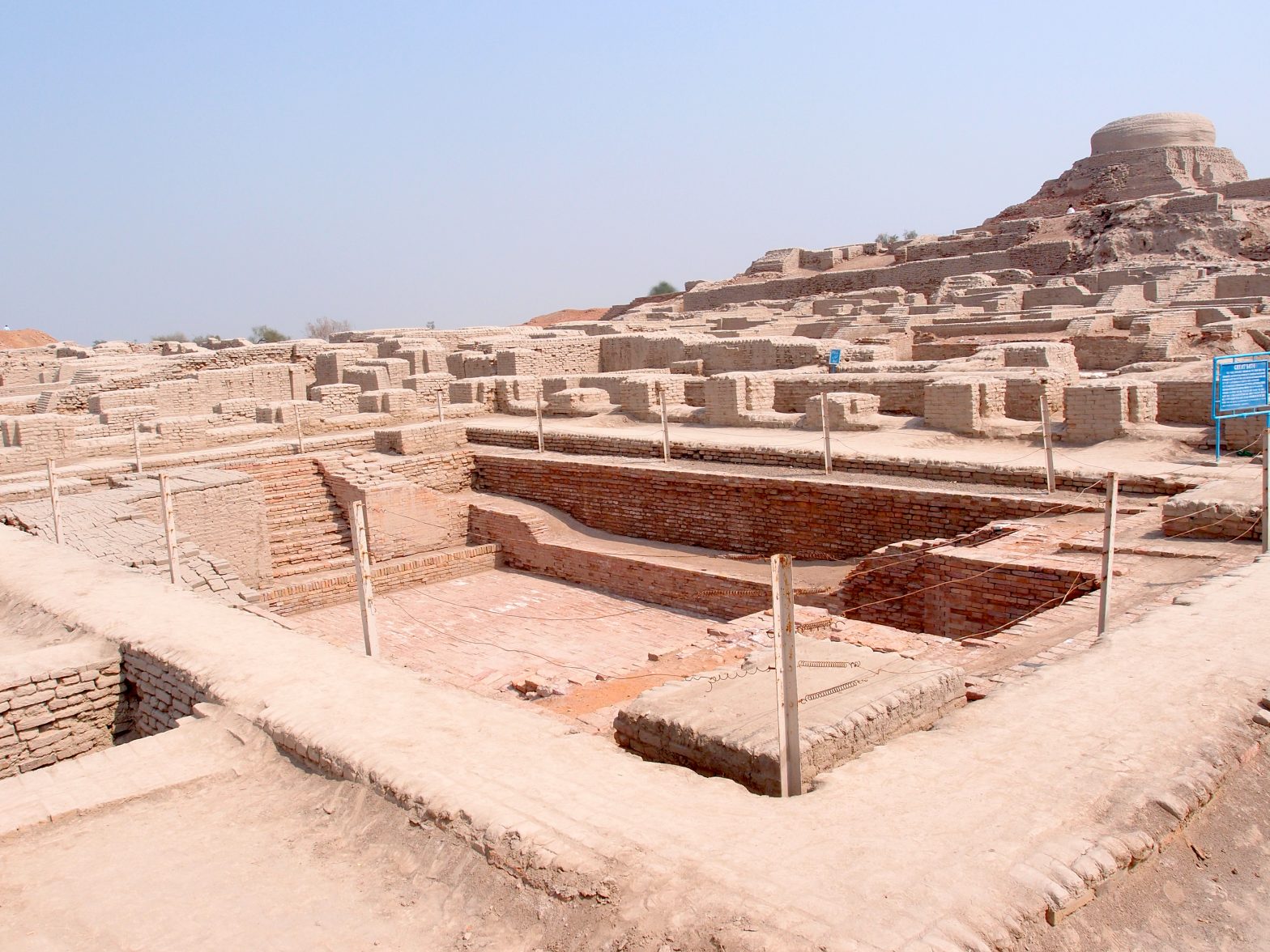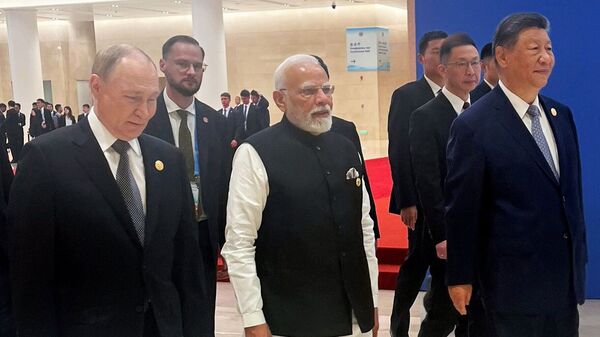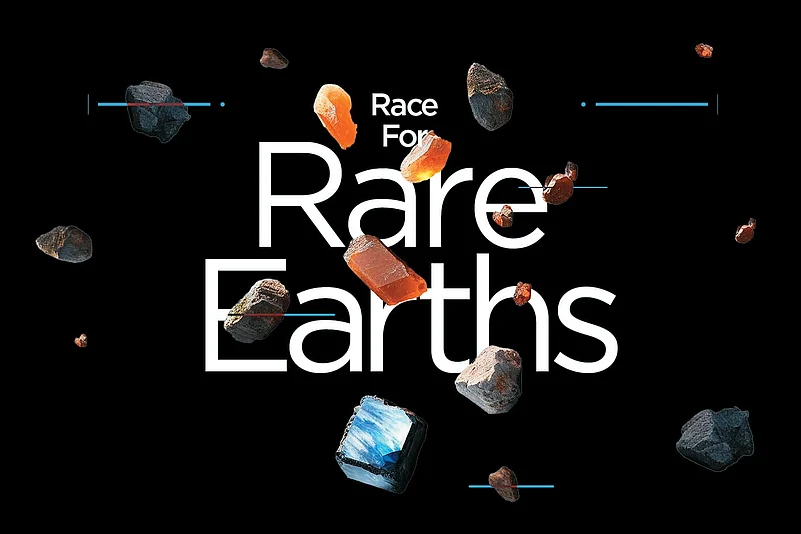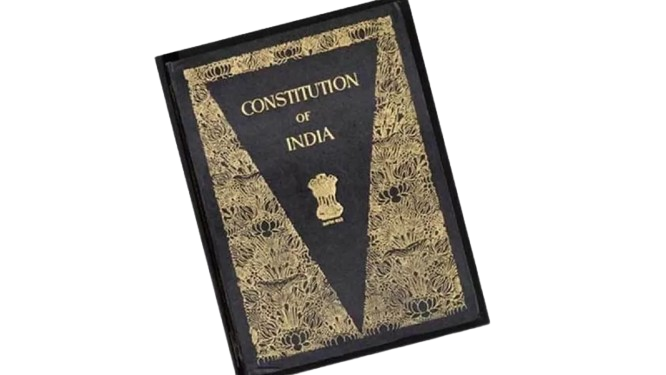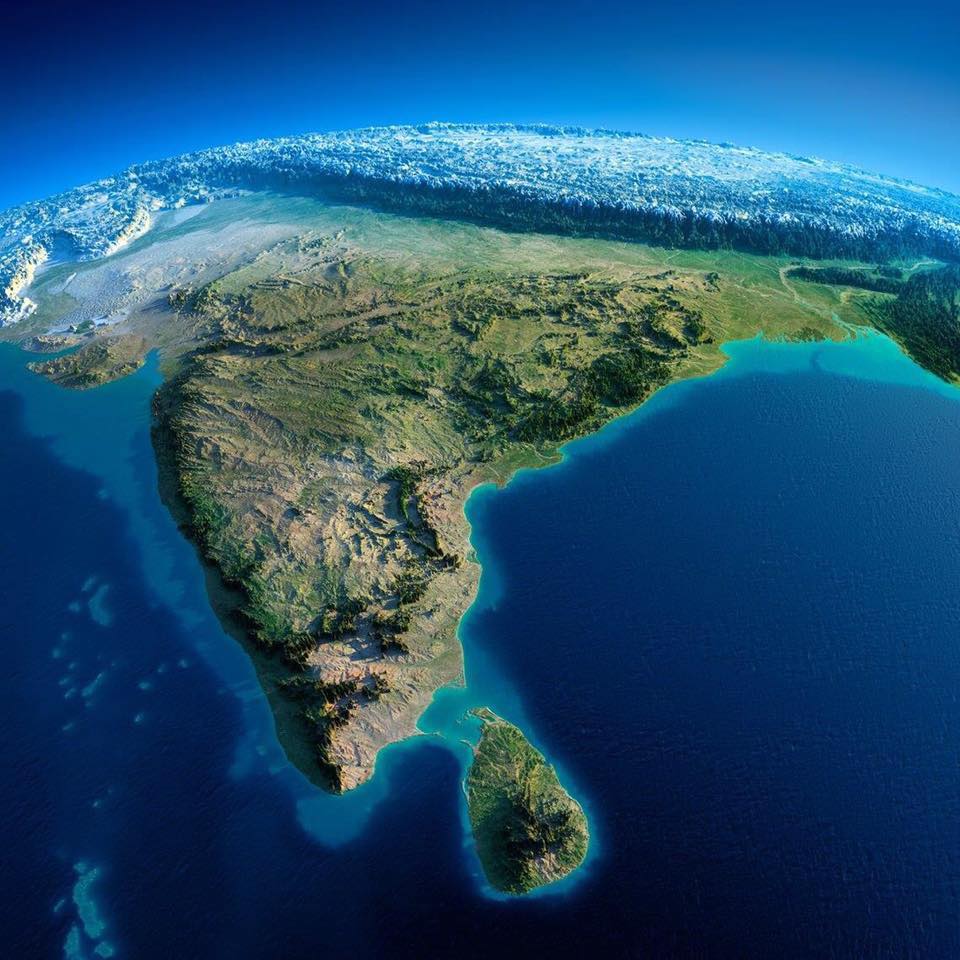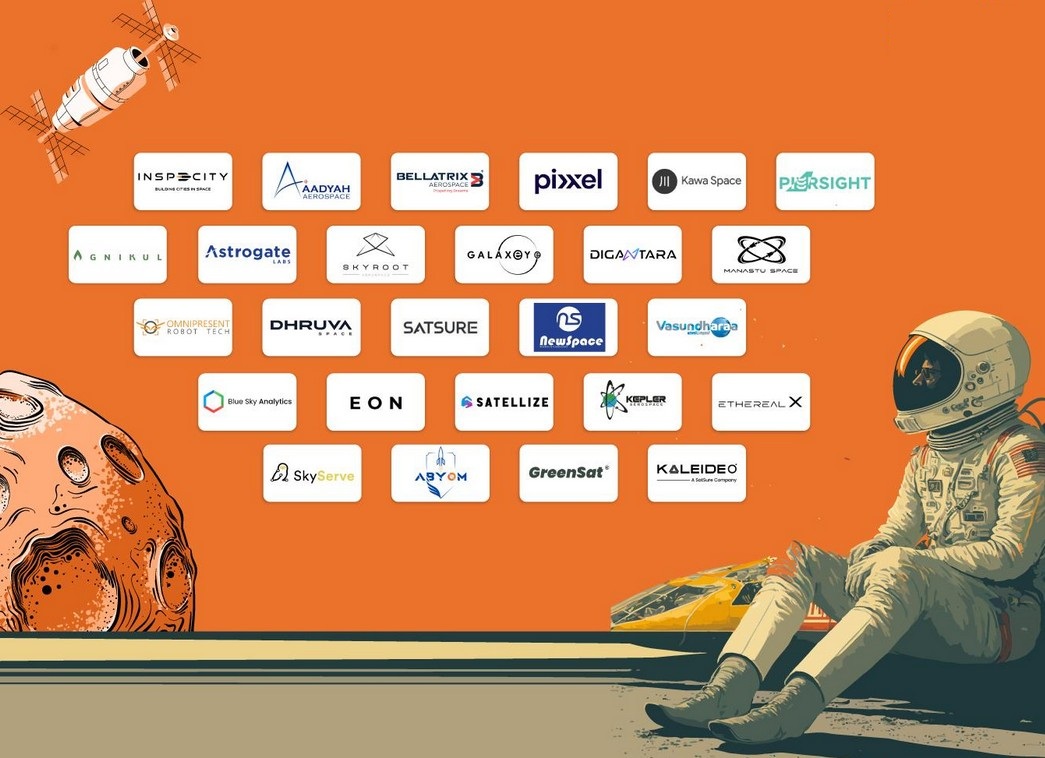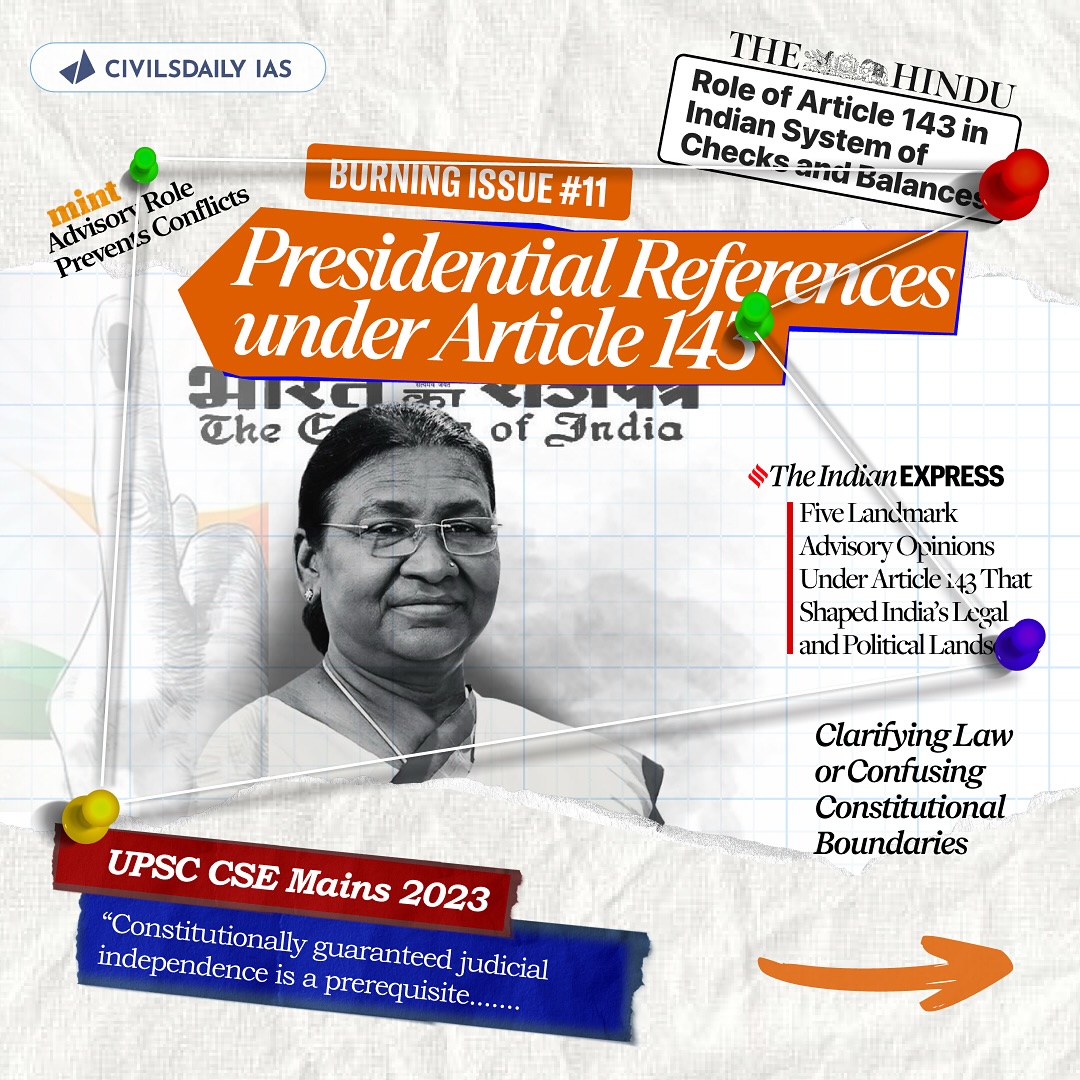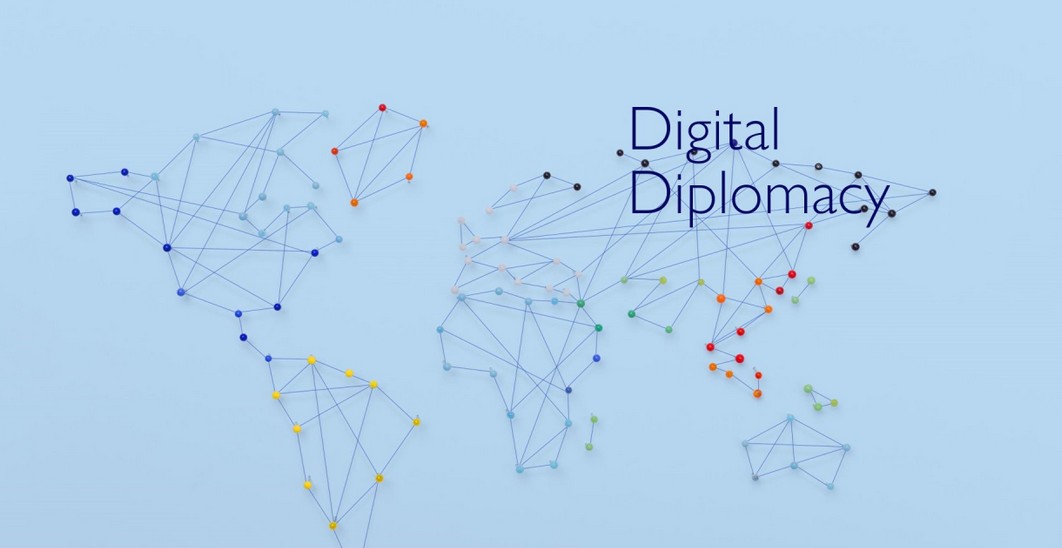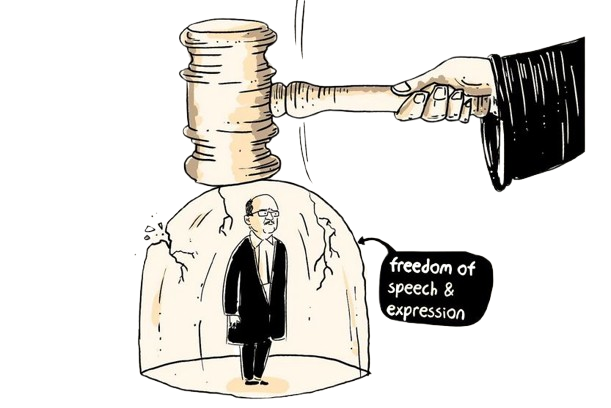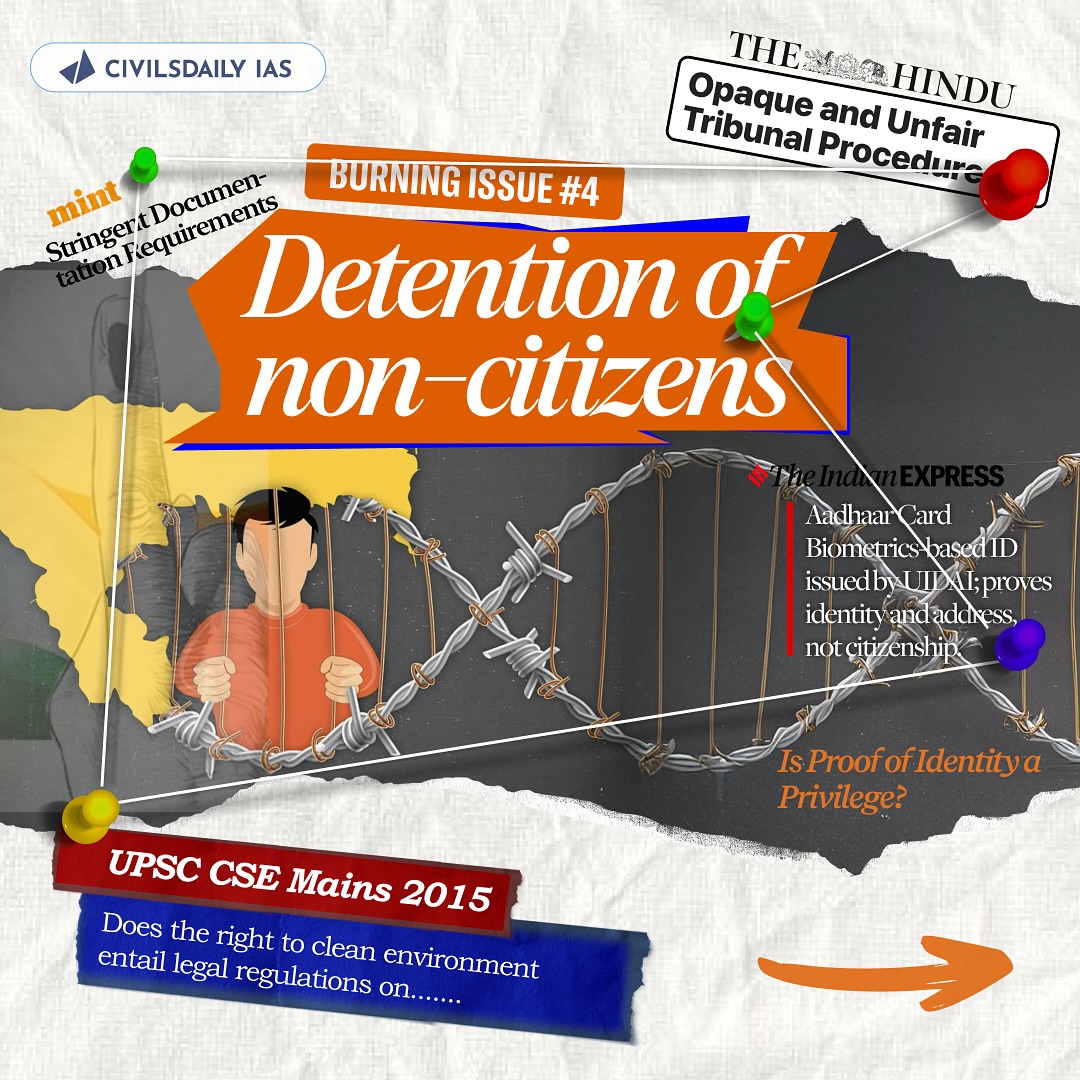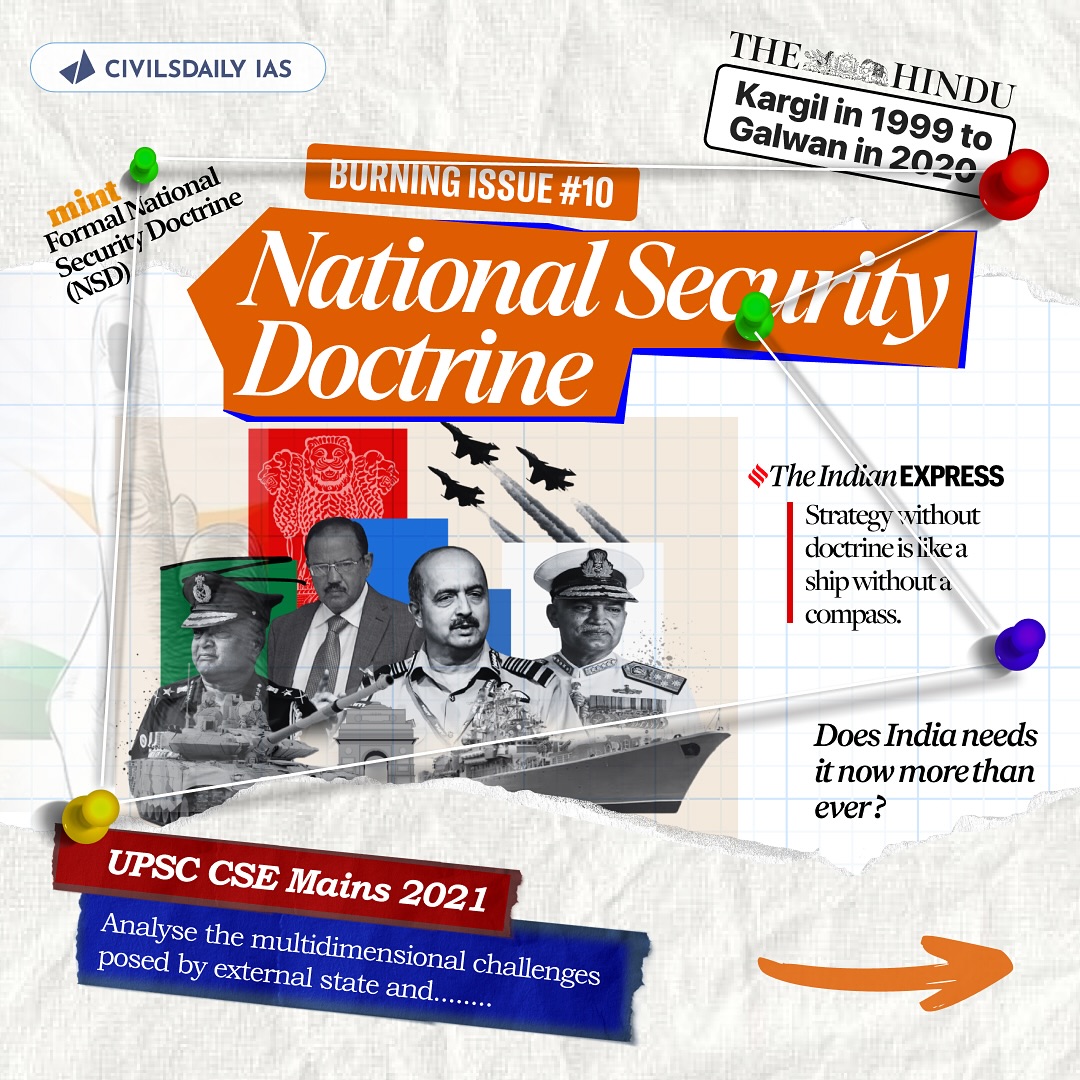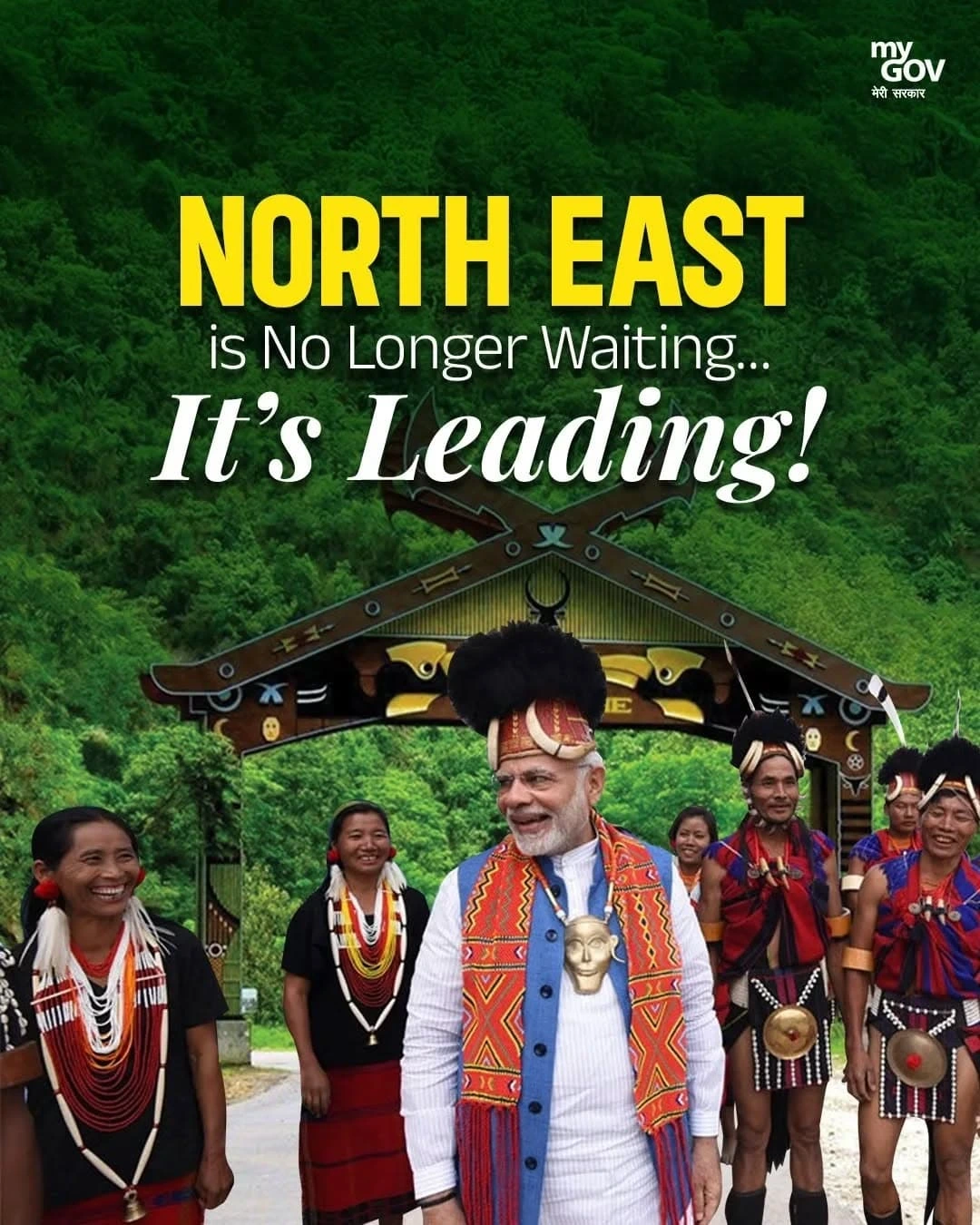[UPSC Mains 2025 Discussion] Art and Culture: Discuss the salient features of the Harappan architecture.
Smash Mains 2025 Q1. In what ways does Harappan art and architecture reflect both utilitarian functionality and aesthetic sensibilities? (FLT 3) PYQ Q. To what extent has the urban planning and culture of the Indus Valley Civilization provided inputs to the present day urbanization? Discuss. (2014) Samachar Manthan: Article name: Rewriting the Keezhadi (Keeladi) Excavations… Continue reading [UPSC Mains 2025 Discussion] Art and Culture: Discuss the salient features of the Harappan architecture.
